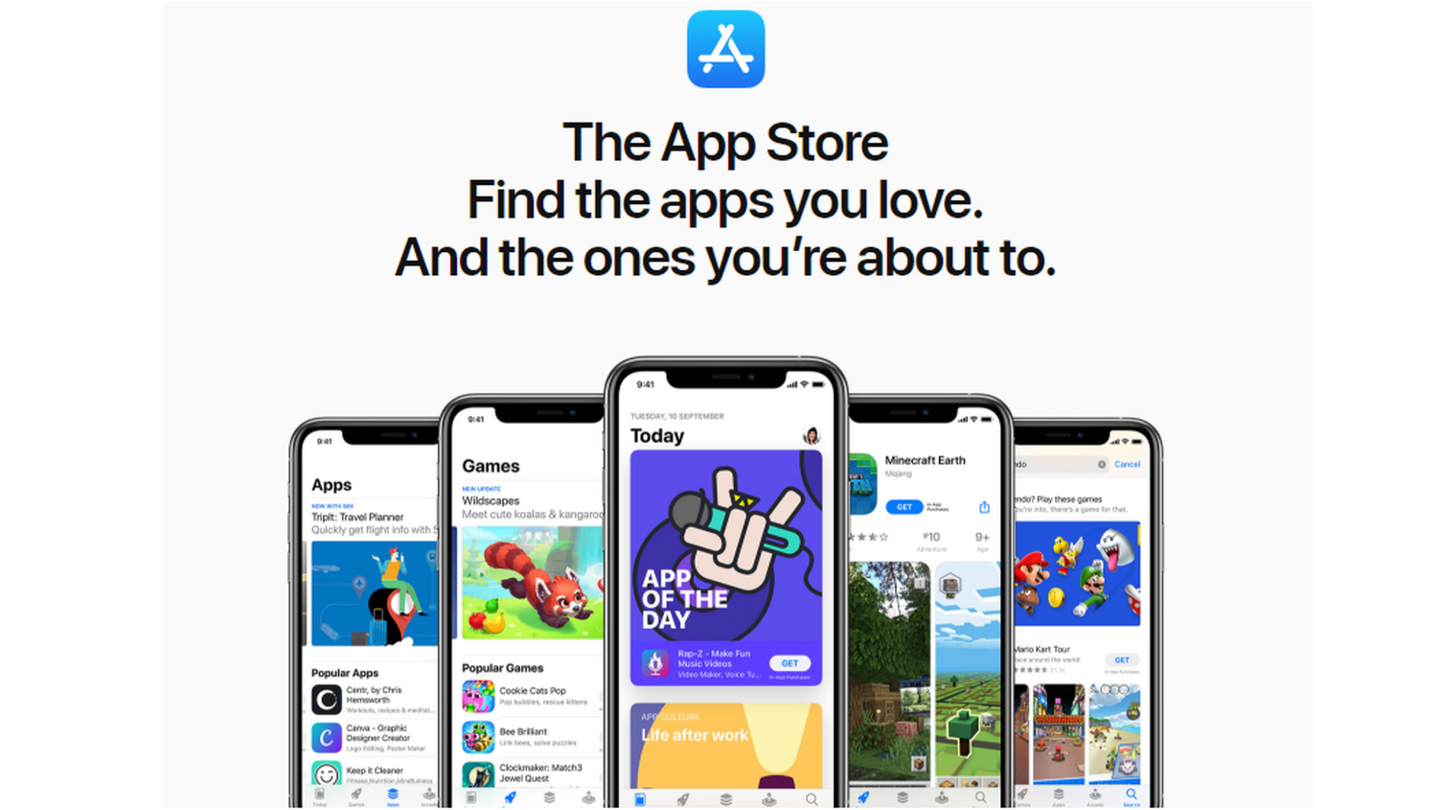
Apple refutes allegations that App Store is a monopoly
What's the story
Responding to a probe by the Australian Competition and Consumer Commission (ACCC), Apple has refuted allegations that its App Store is a monopoly. The company claimed that iOS users could use web apps as a viable alternative. The company is also facing a class action lawsuit in the US for monopolistic practices and pricing apps higher than they should normally cost.
ACCC’s allegation
iOS users cannot install apps from anywhere except App Store
ACCC alleged that Apple users cannot install apps from sources other than Apple's App Store. This means that users do not have options to seek better pricing. In comparison, Android users are allowed to sideload apps and install them from third-party storefronts. This means that users can shop for a better price for the same service.
Apple's monopoly
Developers wanting an iOS app must pay Apple, sideloading unavailable
Developers who want their app on iOS have no option but to pay Apple a hefty fee to list their app. On the contrary, Android apps can be installed from third-party sources. This clearly indicates Apple has a market monopoly. Recently, when Fortnite wanted to bypass the Google Tax, it allowed Android users to sideload the game while iOS users couldn't.
Unreal competition
Platforms that cannot install iOS apps also treated as competitors
In its response, Apple noted that it treats other distributors of apps as significant competitors. It added that application developers have multiple alternative channels to reach users. ZDNet notes that Apple believes its App Store competes directly with stores such as Google Play Store, Steam, and Epic Games Store, although iOS users cannot install apps from these sources.
Hard to digest
Apple calls HTML5 web apps 'competition'
Apple's claim that it faces competition from web apps is hard to digest. Apple said the "progressive web applications" (PWAs) that eliminate the need to download apps from the App Store are becoming more easily available. Companies such as Amazon, Google, Starbucks, Pinterest, and Uber use these PWAs. However, functionality on PWAs is limited and switching between web apps is inconvenient.
Unreasonable solution
Website alternative doesn't exist for all App Store apps
A significant majority of iOS applications do not have equivalent web apps, which are essentially websites that behave just like an app would, albeit through an internet browser window. Developing platform-agnostic web apps is a privilege accorded only to large corporate-backed developers. Apple's claim that web apps are competitors to native iOS apps is dishonest, and that's putting it mildly.
No real alternatives
Apple doesn't see a reason for the ACCC to intervene
Apple doesn't agree that a market failure exists where ACCC should intervene, although it's clear that web apps are no match for alternatives listed on the App Store. The iPhone maker maintained that it faces competition from these platforms that can't even install applications on Apple devices. The App Store remains the only mainstream option within the Apple ecosystem for downloading optimized apps.
Information
What does Apple mean by 'market failure'?
A market failure is characterized by a sub-optimal or restrictive distribution of goods in the free market where customers can choose. Apple believes its App Store isn't the only player and the market offers iOS users a choice of where they get their apps from.
The Apple Tax
App Store compels developers to use Apple's payment system
Additionally, Apple App Store compels developers to use Apple's payment system. Apple levies a 15% fee on all developers earning less than $1 million annually and a 30% fee on everyone else. Google Play Store's similar policy halved the 30% fee for the first $1 million earned by developers each year. It is also under ACCC's scrutiny for user data collection.